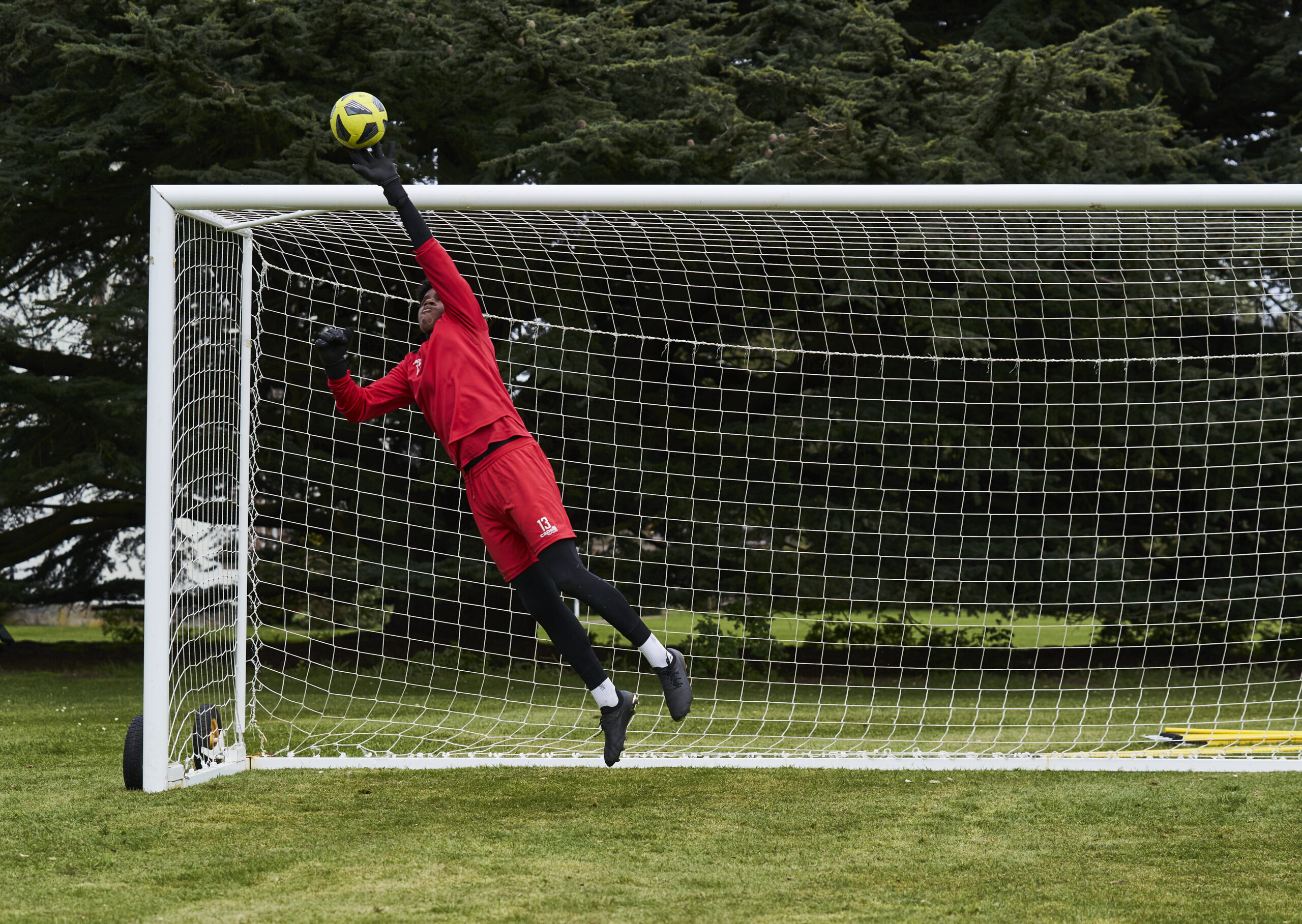According to the EFL, an offer of a scholarship may be officially recorded… “at any time on or after 1st January in the year in which a player reaches the age of 14. For those academy players in the Under 16 age group, it shall be offered on or before 31st December in a player’s U16 season”. To understand these dates and ages, please refer back to UKFAF blog called 'What is a football academy and age groups?' where they are explained.
Although some exceptionally gifted players may be offered scholarship contracts early, for most players the crunch time is when they are coming to the end of their U15 season. This is when a club will decide whether to offer them a scholarship for either two or three years, starting the following season, and invite the player to join a club’s Youth Training Scheme. The latest anybody who is a current signed player at a club can be offered a scholarship would be the 31st of December of their under 16 season.
Let’s imagine that after 6 years of playing in the academy year groups, you have been offered a scholarship, and all your hard work and hours of practice has paid off. This is now a dream situation. Unless you're at one of the bigger clubs, the standard pay for a scholar is somewhere in the region of £7000 per year, so about £130 a week. In addition to this, some clubs may offer living expenses, or travel expenses, or accommodation expenses. Yes, you will still have to continue with your school work, be it a BTEC or an NVQ or A levels, but now you play and practice football every day, at least 12 hours a week, just like the senior pros. You are in an elite environment, but the job is not done!
As a scholar you have to train for a minimum of 12 hours a week, but it’s usually considerably more. There is quite a wide variation depending on the size of the club, but usually the training schedule is comparable to that of the first team. If you want to practice more, there is plenty of opportunity to do so!
The clubs now play a minimum of 20 authorised games per season but clubs now recognise the fact that there is an increasing need for extra fixtures. This is to get as many ‘game minutes’ into players as possible, which helps to accelerate their development, so most clubs will play considerably more than the minimum number of fixtures.
Once this point is reached in an academy, everything is becoming a lot more competitive. Clubs continue with the playing concept of under 16’s, under17’s and under18’s, but if a player is outstanding then they may get pushed up an age group. So, an under 16 may go to train with the under 18s, or an under18 may be asked to train with the Under 23’s if a club thinks he is good enough.
The under 18’s team plays in a league, as well as cup competitions, the FA Youth Cup being the big one. Going into the first year of their scholarship, players will really push and strive to play in these matches, and to win them. At this point players will get picked on merit, so they will no longer be offered a guaranteed number of minutes on the pitch. For the club and the coaches, it will now be about picking the best team to win the game.
Every player in the club is very closely monitored by the coaching staff, but new players can still be introduced. An outside player can be picked up by a club on a scholarship if they are released by another club, as long as the player has not been their signed player before. There are various different trials once clubs have made their first round of decisions and clubs can still be searching for scholars from outside the academy late into the season of the under 16’s or even beyond.


